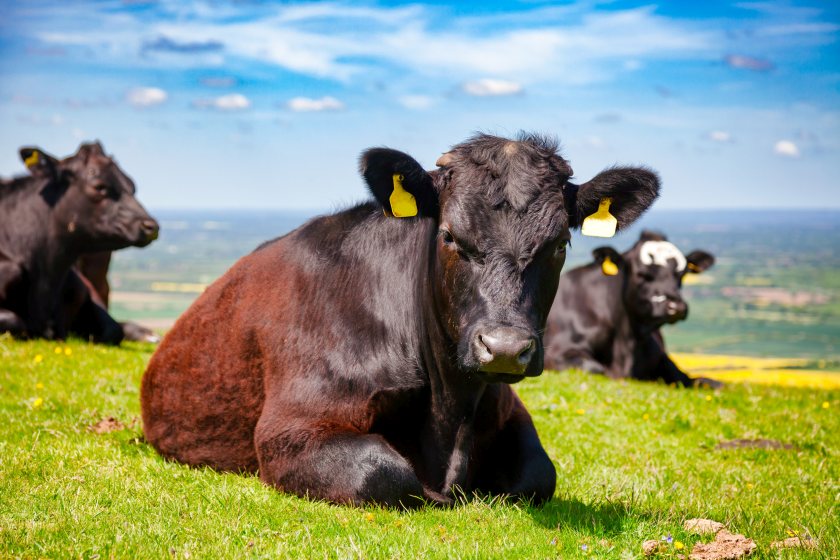
The NFU has welcomed new government plans to modernise livestock traceability — but warned that sticking to outdated tag technology risks missing a major opportunity for farming.
The reforms, announced earlier this week by Defra, are due to take effect from summer 2026 and include a major overhaul of the cattle identification, registration and reporting process.
This will see the Cattle Tracing System replaced by the new Livestock Information Service (LIS) and, from 2027, the introduction of mandatory low frequency (LF) EID ear tags for all newborn calves. LF tech is already in use for sheep tagging.
Defra argues that the switch to electronic tagging will improve farm safety, reduce reporting errors, and strengthen the UK’s ability to respond to animal disease outbreaks.
However, the NFU has consistently advocated for Ultra-High Frequency (UHF) technology, citing its greater range, ability to read multiple animals simultaneously, and benefits for on-farm management.
“We welcome the government’s investment in a new multi-species livestock traceability service,” said David Barton, NFU livestock board chair.
“It’s encouraging to have a clearer timeline for the introduction of bovine electronic ID for new registrations, but the system must be simple to use and incentivise digital reporting from the outset.”
The NFU stressed the importance of integrating sheep and goats into the same multi-species platform as soon as possible.
Defra must also work closely with the industry to ensure the LIS continues to evolve to support better decision-making, animal welfare, and productivity.
While the union acknowledged the move towards EID for cattle as a step in the right direction, Mr Barton expressed concern over the exclusion of UHF.
He said: “The move towards mandatory bovine EID is positive and we recognise the role of low-frequency tags, but it’s disappointing UHF technology hasn’t been mentioned.
"I strongly believe that UHF offers real potential to improve on-farm management and farmer health and safety. Keepers should be able to use it voluntarily in the primary tag to negate the need for a third management tag.”
Defra stated that it will take a “more proportionate approach to enforcement”, allowing livestock keepers to correct issues before further action is taken.
Biosecurity Minister Baroness Hayman said the new rules would “strike the right balance in supporting farmers with clearer, simpler rules while helping the sector strengthen its productivity, resilience and global competitiveness.”
